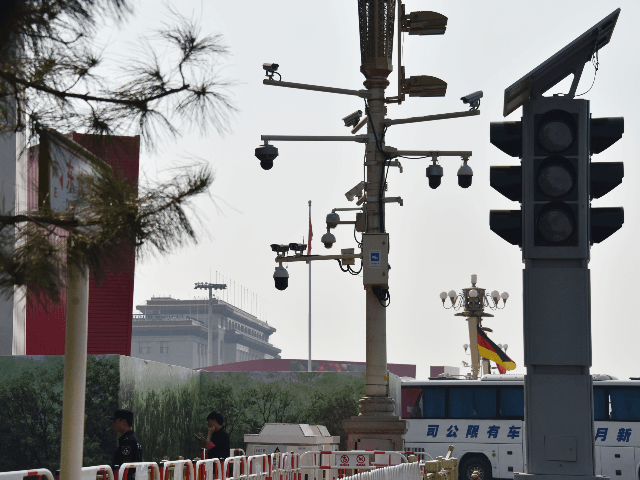Earlier this year, Toronto announced the development of a new development in the “quayside” area in the heart of the city. The announcement marks the final nail in the coffin of Google and its Sidewalk Labs division’s plans to turn the neighborhood into a “smart city” full of surveillance technology to track residents’ every move.
MIT Technology Review reports that in February, the city of Toronto announced plans for a new development along its waterfront. The development would consist of 800 affordable apartments, a two-acre forest, a rooftop farm, a new arts venue, and a pledge to be zero-carbon. But Sidewalk Labs, the smart city division of Google, had already made claim to the same 12-acre plot known as Quayside that Toronto planned to use for the new green development. Google had plans to build a “smart city” along the waterfront area, and its proposal was accepted by Waterfront Toronto, a governmental organization overseeing the redevelopment of 2,000 acres along the lake shore, in October 2017.
Sidewalk Labs proposed a flashy tech hub with an optimized urban layout, including robo-taxis, heated sidewalks, autonomous garbage collection, and a digital monitoring layer that would track everything from street crossing to park bench usage.
If the development had gone ahead it would have been proof of concept establishing a new development model that Sidewalk Labs hoped to expand to cities across Canada and the United States. The aim was to prove that the same sensor-filled smart city model that has been embraced in countries such as China and the Persian Gulf could be used in more democratic societies.
Instead, Sidewalk Labs spent two-and-a-half years pitching a neighborhood that no one wanted to live in. By May 2020, Sidewalk Labs pulled the plug on the project citing “the unprecedented economic uncertainty brought on by the covid-19 pandemic.” But, the cancelation also came after years of controversy over its $900 million vision for a data-rich, constantly tracked city.
Breitbart News reported in 2018 that a privacy expert quit the project:
Ann Cavoukian, the former privacy commissioner of Ontario and a consultant to Sidewalk Labs, a company owned by Google which aims to develop a “smart city” in Toronto, has quit the project according to Gizmodo. Cavoukian was recruited to join the project as a consultant but handed in her resignation letter recently, stating: “I imagined us creating a Smart City of Privacy, as opposed to a Smart City of Surveillance.”
In 2017, Waterfront Toronto enlisted the help of Sidewalk Labs, which is linked to Google’s parent company Alphabet, to develop a plan for a smart city in the town’s Quayside area. As part of this development, Cavoukian created a plan called Privacy by Design which aimed to protect the data privacy of the citizens of the smart city. But the smart city has faced a growing level of criticism since it’s announcement.
Jim Balsillie, the former CEO of Blackberry, recently referred to the development in an op-ed as “a colonizing experiment in surveillance capitalism attempting to bulldoze important urban, civic and political issues.” Cavoukian stated that her resignation from the project was intended to be a “strong statement” on user data privacy abuses.
Alex Ryan, a senior vice president of partnership solutions for the MaRS Discovery District, commented on why the project may have failed, stating: “In the US it’s life, liberty, and the pursuit of happiness. In Canada, it’s peace, order, and good government. Canadians don’t expect the private sector to come in and save us from government because we have high trust in government.”
Read more at MIT Technology Review here.
Lucas Nolan is a reporter for Breitbart News covering issues of free speech and online censorship. Follow him on Twitter @LucasNolan



COMMENTS
Please let us know if you're having issues with commenting.